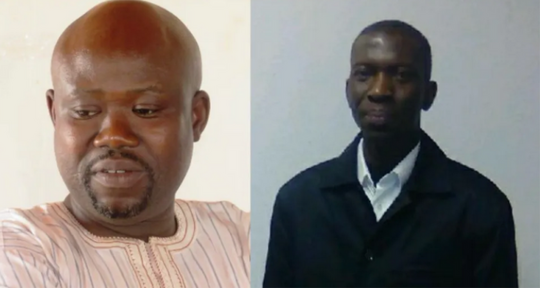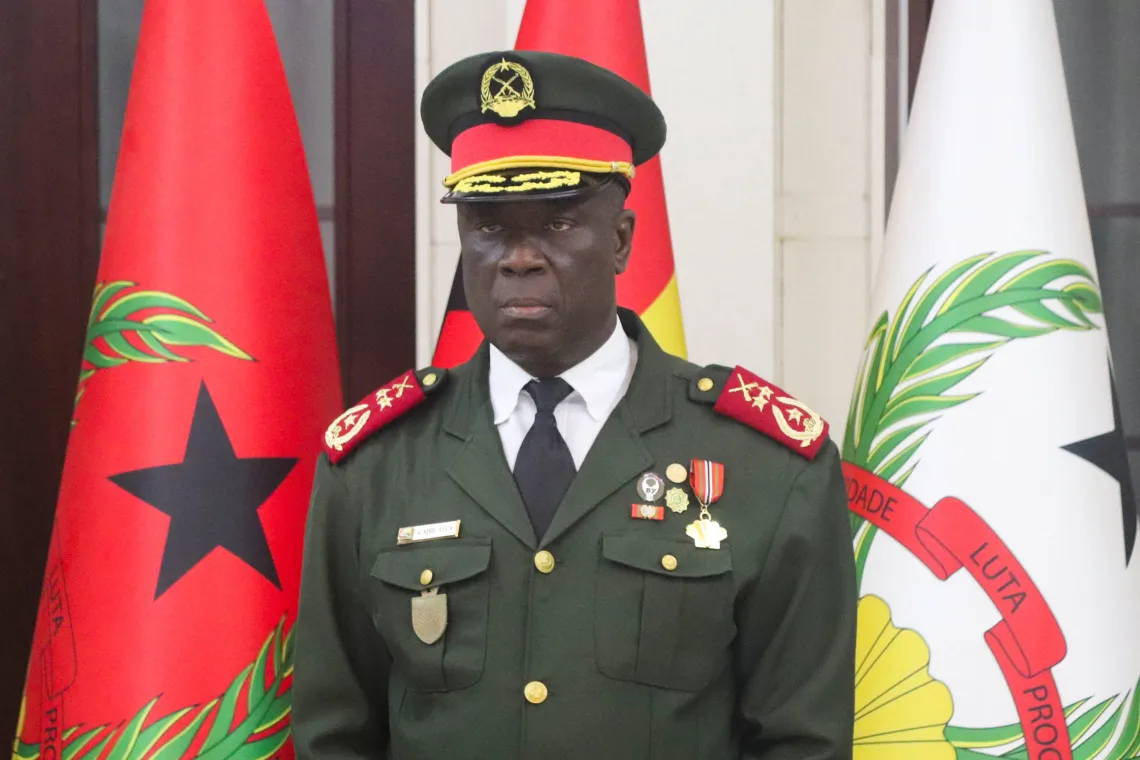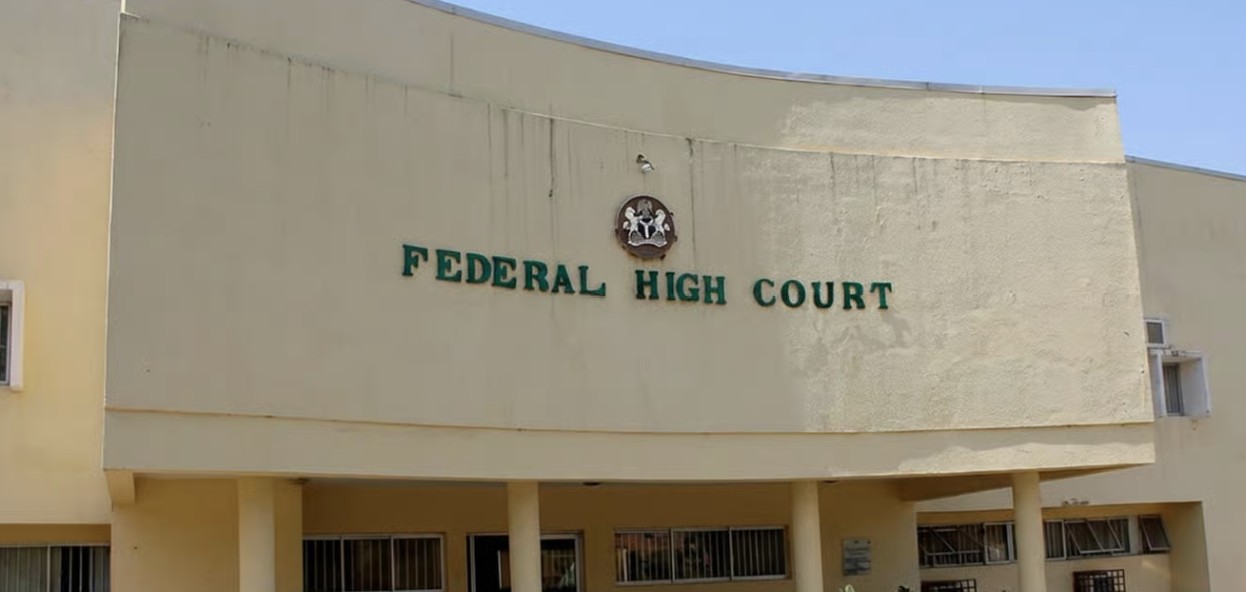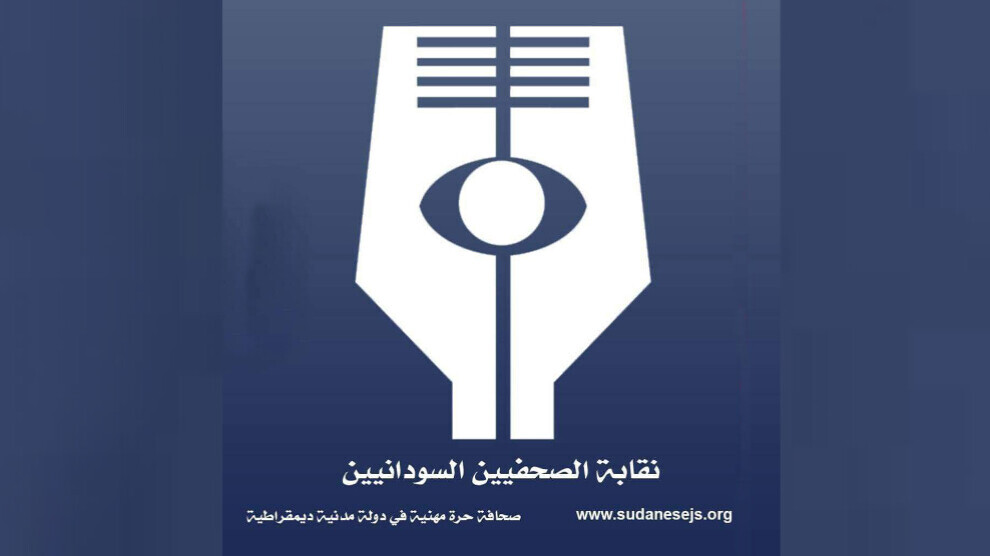
Shut Out of the Debate: RSF Urges UK Parties to End Media Access Restrictions
October 1, 2024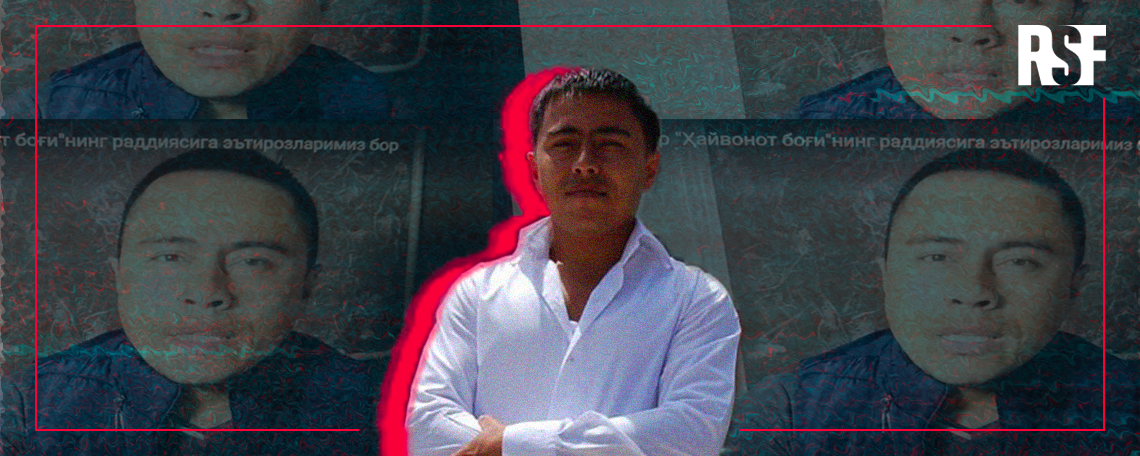
Anti-Corruption Blogger Otabek Sattoriy Muzzled After Prison—RSF Raises Alarm
October 1, 2024October 01, 2024 – Gambia –
In a troubling attack on media freedom, Gambian authorities have arrested and charged two respected journalists—Charles Faye, publisher of The Standard, and Babucarr Mbye, editor of The Trumpet—for allegedly publishing “false news” related to President Adama Barrow’s succession plans. The arrests took place on September 25, 2024, after the outlets ran a report claiming Barrow would delay stepping down for another term—an assertion the presidency quickly called “unverified and false.” The journalists are now facing charges under Section 133(1) of The Gambia’s Criminal Code, a provision frequently criticized for its vague and oppressive impact on press freedoms .
The arrests sparked immediate concern from both IFJ and CPJ, who condemned the move as “clearly designed to intimidate journalists and dissuade government scrutiny or legitimate reporting” . They emphasized that such legal measures restrict essential investigative reporting and constitute a serious setback for press freedom in a country already facing democratic regression.
After a brief court appearance, Faye and Mbye were granted bail on September 26, ordered to avoid political commentary, and forfeited their passports . Despite these restrictions, the charges continue to loom, stirring fear of prolonged legal entanglement or further escalation. This chilling effect threatens independent journalism in a context where self-censorship and restrictive laws already dampen critical voices.
The IFJ has called on President Barrow and government officials to initiate a prompt, impartial review of the charges and to amend or repeal legislation that criminalizes journalistic investigation. CPJ echoed these demands, asserting that reporters should not be penalized for covering public figures’ potential plans, especially around high-stakes political issues like a president’s term and succession.
This incident reflects a broader pattern of regression in Gambia’s post‑Barrow media environment. Although initially praised for democratic reforms, the country has increasingly resorted to defamation laws, vague offenses like “false news,” and financial threats to suppress dissent and independent reporting. Journalists express growing concern about surveillance, harassment, and legal persecution—all contributing to widespread self-censorship .
Reference –

